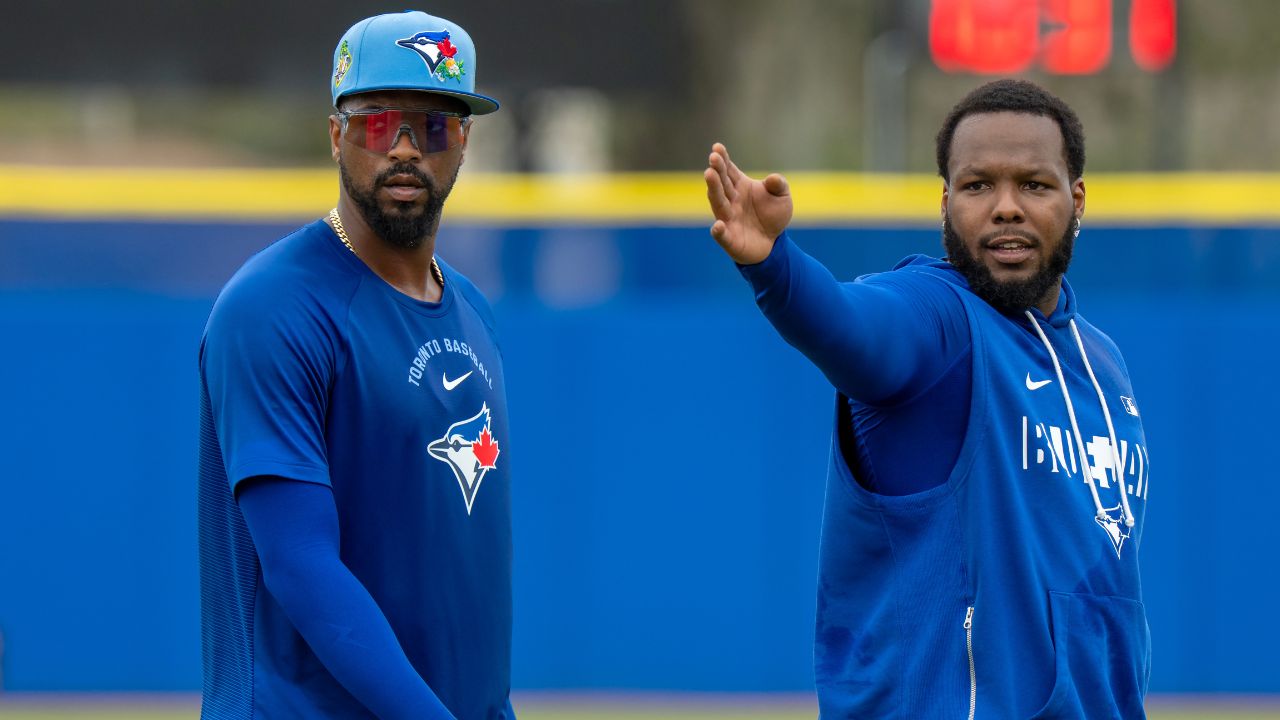
The backstory is fairly simple: The Philadelphia Flyers held a Pride Night, where Ivan Provorov declined to wear the warm-up jersey the team was donning to demonstrate a welcome, inclusive environment to fans from within the LBGTQ+ community. It had rainbow-coloured numbers and the jerseys were to be auctioned off for charity.
He cited his Russian Orthodox religious beliefs as the reason why he sat out.
Even though he missed warm-up, the team played him, and played him a lot in the game. Afterwards, head coach John Tortorella supported Provorov’s right to stick to his own beliefs.
I see a few obvious conclusions here, before the more nuanced stuff:
One is that the player was within his rights to not wear the jersey and join the team’s initiative — that’s the “free speech” and “freedom of religion” thing we hear so much about in these debates.
Another is that the rest of us are free to form opinions about that person based on their decision, and many of us hold the belief that Provorov — despite saying “I respect everyone” post-game — does not respect everyone.
He shouldn’t be, and wasn’t “forced” to, put on a jersey with some bright colours, but he did willingly expose himself for who he is — someone who’d prefer to send this message of intolerance rather than spend 15 minutes demonstrating support for a long-suffering group simply looking for equal footing. He’d rather make himself the story and take away from the unified message his organization and teammates tried to deliver.
And so today, the way many involved in hockey see Provorov has been forever changed from how they felt just two days ago.
But we should try to see Provorov’s myopic selfishness as secondary if we can. Instead of centring on him the way he centred himself, we should focus on how his teammates and much of the NHL’s fanbase reacted to his choice. Though Tortorella was strangely subdued, the rest of that Flyers team did make the choice to wear the rainbow jersey and demonstrate support on Pride Night, an event that’s now present throughout the National Hockey League. The players who commented on the situation expressed affinity for the message that the team tried to share rather than going to bat for the guy who wouldn’t go to bat for people different from himself.
In Scott Laughton’s post-game interviews, he covered his bases, but also very clearly expressed solidarity with the Flyers message to the LBGTQ community, saying: “It was a great night, put a lot of smiles on peoples’ faces. Me and JvR just left the locker room with 50 people from the community. It was a great night, great initiative. Amazing initiative, and something that’s been close to me for a long time, Reemer too. I’ll leave it at that.”
“I’ll leave it at that” generally means “It won’t do me any good to rip a teammate/ref/coach publicly” in hockey parlance. JvR – James van Reimsdyk – has long been an ally to the community as well.
You can read more about Laughton’s support for the community here.
When I quit playing hockey professionally and started writing about the game — including its culture — one thing that so obviously needed work was its lack of inclusivity. In 2009, I wrote an article titled “It’s time to end the use of gay slurs in hockey” for USA Today, and it sparked a firestorm that I wasn’t then prepared for. Not everyone agreed, according to the comment section and some emails. However, it did get me connected with Brendan Burke, then Brian and Patrick, and all the great work they’ve done since with You Can Play.
Today, if someone is overheard using the same offensive remarks that were often said on the ice 15 years ago, they will be suspended. What was common before has been more appropriately branded as a form of hate speech.
That’s not to wash our hands and say we “fixed it”, while proclaiming Provorov to be such a wild outlier he’s not worth addressing. This stuff still unfortunately exists in hockey, as more recently evidenced by minor league player Louie Rowe being cut after a vile tweet that delivered a version of Provorov’s message in a much more crude fashion. The NHL itself was hesitant to condemn Provorov’s actions and so was the team.
But as the fight marches on and the push for inclusivity works its way inward much more slowly than most would like, I hope the positive message the team tried to send is amplified, rather than drowned out. This can be a moment to reflect on where we’re at in trying to push open the doors of the game to the whole world, against those like Provorov who try to keep them closed. The spirit of Pride Night shouldn’t be lost to the energy-draining detractors.
Once in a while, it’s good for those of us in our safe bubbles to be reminded that there’s a reason why we have events like the one the Flyers put together on Tuesday night. While we’re moving in the right direction, there’s still so much work to be done to achieve “Hockey is for Everyone.”






